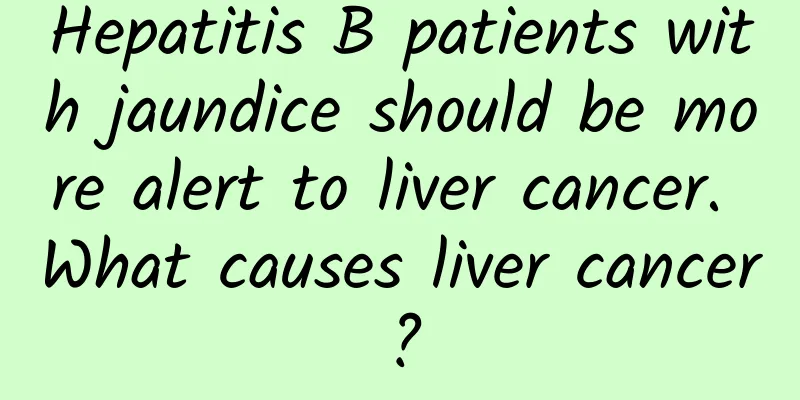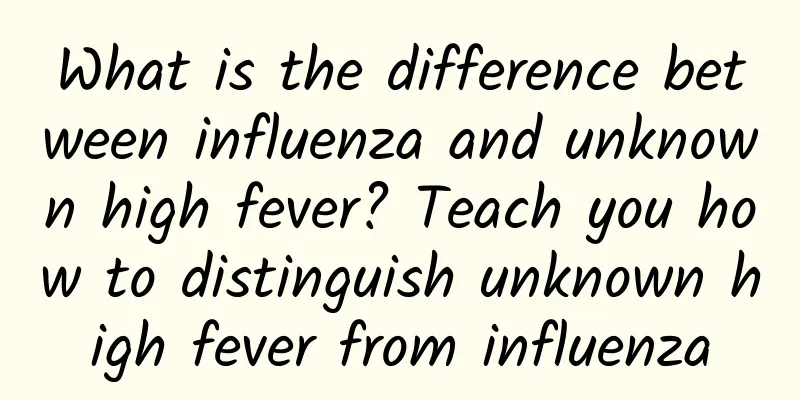Can adults have hand, foot and mouth disease? What are the symptoms?

|
Adults can indeed get hand, foot and mouth disease, the main symptoms include fever, rashes and ulcers on the hands, feet and mouth, and some people may also experience sore throat and loss of appetite. If you suspect infection, you should see a doctor in time to get a clear diagnosis and take targeted treatment measures. 1) Cause Analysis: Hand, foot and mouth disease is an infectious disease caused by enterovirus. The incidence rate of adults is lower than that of children, but they are not completely immune. The reasons include the following aspects: -Environmental and contact transmission: Adults may be infected through direct contact with the patient's saliva, nasal mucus, feces and other sources of infection, or through contact with objects contaminated with the virus (such as tableware, toys, towels, etc.). - Weakened immunity: Adults may have reduced immunity under certain circumstances (such as overwork, long-term stress or other underlying diseases), which may increase the risk of infection. -Virus mutation: Some new virus strains may break the immune protection provided by the original vaccine or natural infection, increasing the possibility of infection in adults. Recommendation: Maintain good hygiene habits (wash hands frequently, avoid contact with patients and pollutants), and enhance your own immunity (regular work and rest, and proper diet). 2) Symptoms: -Common symptoms: Symptoms in adults are usually mild and may initially present as fever and sore throat, followed by small blisters or ulcers on the palms, soles, and oral mucosa, which may be accompanied by itching or pain. -Severe symptoms: In rare cases, the virus may cause more serious complications such as aseptic meningitis, encephalitis or myocarditis, which are often manifested as persistent high fever, severe headache, nausea and vomiting. Recommendation: Once suspected symptoms appear, especially accompanied by persistent high fever or severe headache, you should go to the hospital in time to rule out the possibility of serious illness. 3) Diet and care recommendations: -Diet: Try to avoid irritating foods during the infection period, and choose warm, easy-to-digest foods, such as porridge, rice soup or vegetable puree, etc. If the oral ulcer is painful, you can try to use professional local anesthetics to relieve the pain. - Care: Take rest, keep the room ventilated, wipe the skin with warm water to relieve itching, and use topical antiviral or anti-inflammatory drugs as recommended by the doctor to relieve local symptoms. If an adult suspects that they have hand, foot and mouth disease, they should seek medical advice as soon as possible, receive symptomatic treatment through evaluation by a professional doctor, and at the same time strengthen isolation to avoid infecting others. During the recovery process, pay attention to improving immunity to prevent recurrence or other complications. |
<<: Is acute mumps contagious in children?
>>: How can you tell if you have mild polio?
Recommend
What color is the urine of a newborn with jaundice?
What color is the urine of a newborn with jaundic...
Can children with acute laryngitis eat bananas?
It is not recommended to eat bananas for children...
What is a pointed chin?
A pointed chin is a facial feature in which the c...
What foods should polio patients eat?
Diseases in life can be adjusted through diet. A ...
Can the Children's Yanbian Granules be taken together with the Children's Cold Granules?
It is generally not recommended to take Xiaobiany...
What are the functions of lactoferrin?
Lactoferrin is a very important glycoprotein in b...
What are the symptoms of ADHD?
ADHD, also known as attention deficit hyperactivi...
Kawasaki disease dietary precautions
What are the dietary precautions for Kawasaki dis...
Can children with cough variant asthma be cured? Treatment methods for children with cough variant asthma
Cough variant asthma in children is a concern for...
Symptoms of childhood kidney disease
Children may have some specific diseases, such as...
Children's kidney disease follow-up examination items
What are the later examination items for children...
What are the examination methods for mumps
Nowadays, both the pace of life and the pace of s...
Is atypical Kawasaki disease serious?
Atypical Kawasaki disease needs to be taken serio...
What are the symptoms of neonatal jaundice? Is yellowing of the whites of the baby’s eyes jaundice?
Neonatal jaundice is a very common disease. Child...
What are the factors that cause indigestion in babies? What is the best thing for babies to eat when they have indigestion?
During the Spring Festival, the reunion of relati...









